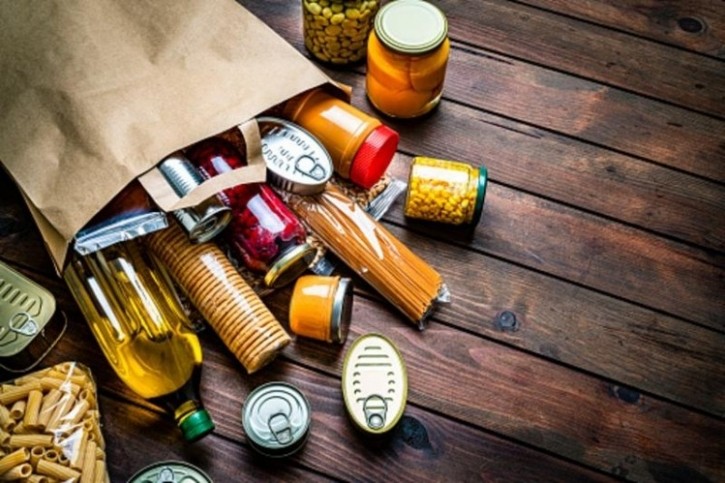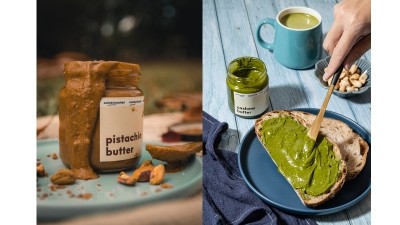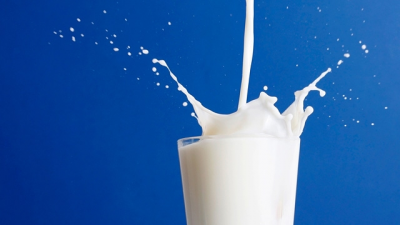Packaging Happenings: PepsiCo sustainability, China excessive packaging rules, Nudie Snacks big packaging plans and more feature in our round-up

Powered potatoes: PepsiCo pushes entrepreneurial collaboration as ‘vital’ APAC sustainability strategy
PepsiCo has highlighted collaborations with entrepreneurs as a ‘vital’ part of its strategy to achieve sustainable operations in the APAC region, amid the crowning of its regional Greenhouse Accelerator champion.
As part of PepsiCo’s overarching transformation strategy pep+ launched in September 2021 and to meet its three major pillars of Positive Agriculture, Positive Value Chain and Positive Choices, it launched a series of sustainability-focused accelerator programmes globally over the past several years, from North America to the Middle East.
According to the firm, these initiatives have been an important part of its strategy to find ‘groundbreaking’ solutions for sustainable packaging and other impactful climate actions, with a lot of innovation from here being cultivated in the start-up scene.
Time to comply: China issues guide for food firms to meet ‘excessive packaging’ rules
The Chinese government has published guide for food firms trying to meet its new excessive packaging regulations, urging industry players to ensure they are fully compliant in the next six months.
China has been steadily working from a policy perspective to combat what has been dubbed the ‘excessive packaging’ phenomenon locally for several years, starting with regulations to restrict the use of excessive material in packaged food and cosmetic products in 2021, and strict bans on the packaging material for festive foods in 2022.
Most recently, fresh foods and agricultural produce as well as foods purchased via e-commerce have come under the limelight with a new set of guidelines issued earlier this year in September, as was promised by the government late last year.
Championing cauliflower: Nudie Snacks to go big with packaging sizes in Middle East on the back of better-for-you sharing trend
Plant-based and better-for-you vegetable snacks firm Nudie Snacks is targeting the Middle East market with its larger packaging size strategy on the back on a growing trend of consumers demanding not only healthier snack alternatives but also shareable packaging options.
Nudie Snacks specialises in the development of snacks made from plants and vegetables such as lentils, corn and chickpeas, and its trademark Cauliflower Crisps won the Gulfood 2023 Innovation Award for Best Plant-based Product earlier this year.
In addition to the better-for-you snacking trend on a rapid rise in the region, Nudie Snacks Founder Tracey Hogarth believes there is also an opportunity for snack brands to cash in on an increasing demand for shareable snack packs.
Big Food likely to miss plastic targets, while ‘large part’ of industry yet to take action
Although efforts show progress on plastic pollution is possible, the world is ‘not on course’ to eliminating plastic waste and pollution, stresses the Ellen MacArthur Foundation.
Five years on from the launch of the Global Commitment, developed by the Ellen MacArthur Foundation (EMF) and UN Environment, progress has been made. But not enough, according to the latest progress report.
Published today (31 October 2023), EMF’s Global Commitment 2023 Progress Report finds that signatories – made up of FMCGs including food and beverage majors such as Nestlé, Danone, PepsiCo and Unilever – have taken positive action to tackle plastic waste. As a collective group, they have stabilised their use of virgin plastics and more than doubled their share of recycled content.
But even so, that same group is likely to miss key plastic targets by the 2025 deadline. And with 1,000 organisations backing the Global Commitment, and only 160 of those food and beverage companies, a large part of industry has yet to take action. The world remains ‘far off track’ from fixing the plastic pollution crisis, warns EMF.
Food waste reduction: Japan believes it is ‘close’ to achieving awareness and action goals – government data
New Japanese government data has revealed that the country could be close to achieving its goal of having 80% of the population simultaneously aware of, and taking action against, food waste.
Japan introduced the local Act on Promotion of Food Loss and Waste Reduction back in 2019 in an effort to prevent unspoilt food from going to waste, with public and private industry campaigns and policies placing a lot of attention on foods such as sushi rolls and also expiry date labelling standards.
One major goal within the government’s many initiatives has been towards the national target of having 80% of the Japanese population aware of and taking concrete actions to reduce food waste and food loss.















